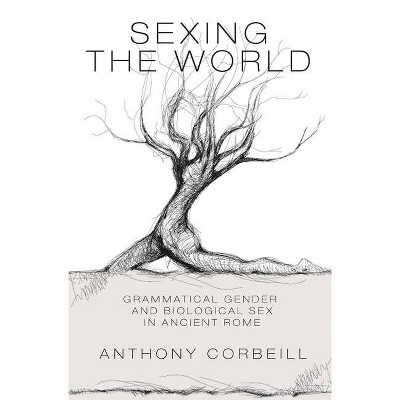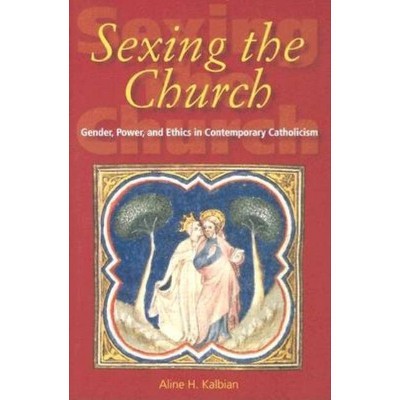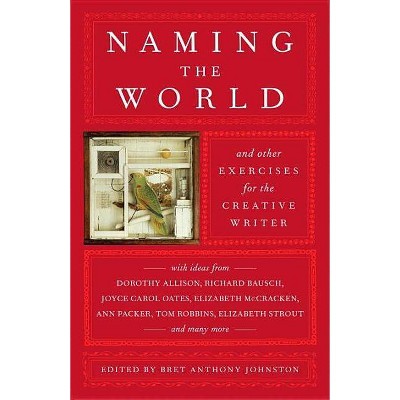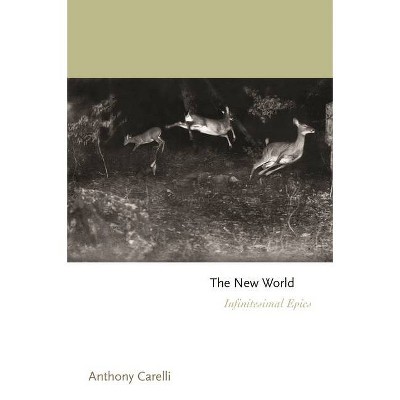Sexing the World - by Anthony Corbeill (Paperback)

Similar Products
Products of same category from the store
AllProduct info
<p/><br></br><p><b> Book Synopsis </b></p></br></br><p>From the moment a child in ancient Rome began to speak Latin, the surrounding world became populated with objects possessing grammatical gender--masculine eyes (<i>oculi</i>), feminine trees (<i>arbores</i>), neuter bodies (<i>corpora</i>). <i>Sexing the World</i> surveys the many ways in which grammatical gender enabled Latin speakers to organize aspects of their society into sexual categories, and how this identification of grammatical gender with biological sex affected Roman perceptions of Latin poetry, divine power, and the human hermaphrodite. <p/>Beginning with the ancient grammarians, Anthony Corbeill examines how these scholars used the gender of nouns to identify the sex of the object being signified, regardless of whether that object was animate or inanimate. This informed the Roman poets who, for a time, changed at whim the grammatical gender for words as seemingly lifeless as dust (<i>pulvis</i>) or tree bark (<i>cortex</i>). Corbeill then applies the idea of fluid grammatical gender to the basic tenets of Roman religion and state politics. He looks at how the ancients tended to construct Rome's earliest divinities as related male and female pairs, a tendency that waned in later periods. An analogous change characterized the dual-sexed hermaphrodite, whose sacred and political significance declined as the republican government became an autocracy. Throughout, Corbeill shows that the fluid boundaries of sex and gender became increasingly fixed into opposing and exclusive categories. <p/><i>Sexing the World</i> contributes to our understanding of the power of language to shape human perception.</p><p/><br></br><p><b> Review Quotes </b></p></br></br><br>Engaging and deftly written, Corbeill's book should in fact be recommended not only to anyone interested in Latin language and Roman culture, but also to any curious person typing on a gendered keyboard.<b>---Dorota Dutsch, <i>Gnomon</i></b><br><br>There is no denying . . . that Corbeill has given us much to ponder about Roman linguistic, literary, and religious culture in these packed pages.<b>---Alison Keith, <i>American Historical Review</i></b><br><br>This book is both enjoyable and thought-provoking.<b>---Teresa Morgan, <i>Times Literary Supplement</i></b><br><br>Winner of a 2016 Charles Goodwin Award of Merit, Society for Classical Studies<br><p/><br></br><p><b> About the Author </b></p></br></br>Anthony Corbeill is professor of classics at the University of Kansas and the author of "Controlling Laughter: Political Humor in the Late Roman Republic" and "Nature Embodied: Gesture in Ancient Rome" (both Princeton).
Price History
Price Archive shows prices from various stores, lets you see history and find the cheapest. There is no actual sale on the website. For all support, inquiry and suggestion messagescommunication@pricearchive.us




















